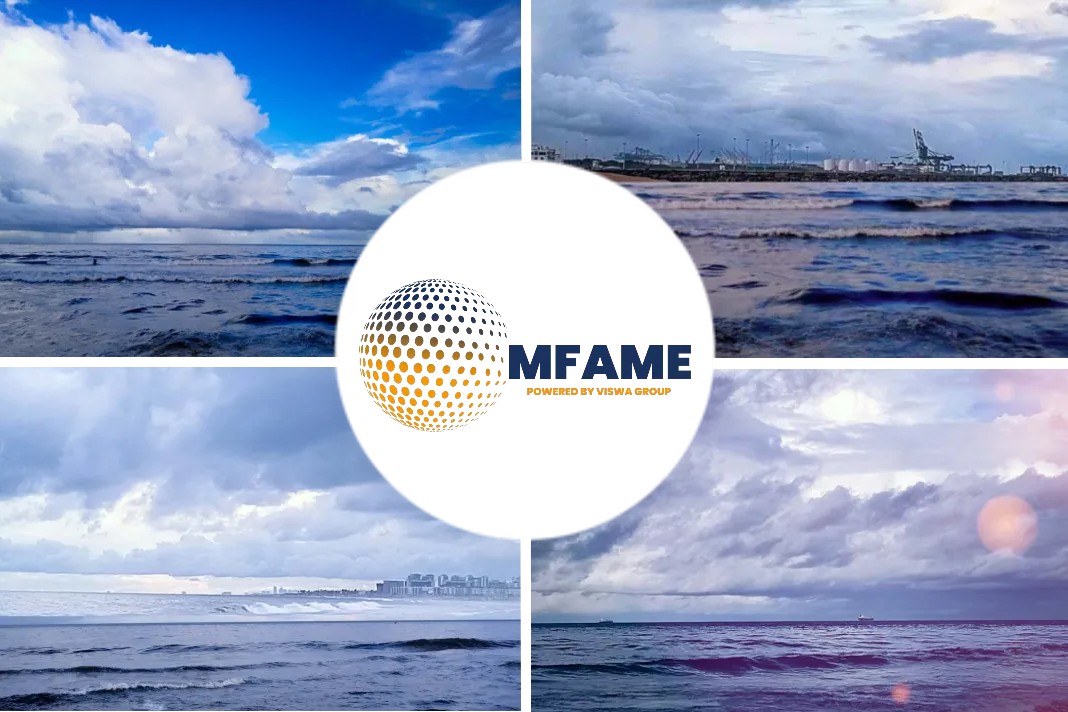
In the yr for the reason that battle in Ukraine started, once-dominant Western corporations have pulled again from buying and selling, transporting and insuring Russian oil.
Sanctions enforced
Russia’s want for this various provide chain, currently for the reason that battle began, grew to become extra urgent after December fifth, when a package deal of Western sanctions got here into impact. More sanctions on diesel and different refined merchandise will come into power on February fifth, making the brand-new again channels extra important nonetheless.
The Economist has spoken to a spread of intermediaries within the oil market and studied proof from throughout the provision chain, to evaluate the impact of the sanctions and get a way of what is going to occur subsequently. Rather than fade away, the grey market stands able to increase when the subsequent set of sanctions is enforced.
Shifty shades of grey
Russian oil, as soon as simple to trace, is now being distributed by means of extra shadowy channels. Some commerce nonetheless makes use of the identical Greek shippers, British insurers and Dutch and Japanese banks which have long dominated the trade. In December, as European corporations paused to contemplate the paperwork concerned, the share of western Russian crude they picked up collapsed, from 60% to 13%. On January 1st the world’s largest reinsurers, which insure insurers, determined to now, not to cowl transport from Russian ports.
Western insurers now have little selection however to exit the enterprise or move on the additional prices ensuing from the elevated threat.
Recently, a number of big tankers previously anchored within the Gulf have been noticed taking cargo from smaller Russian ships off Gibraltar. Oman and the United Arab Emirates, which imported extra Russian oil within the first ten months of 2022 than within the earlier three years mixed, appear to have blended and re-sold some to Europe. Much of it’s most likely Iranian, however, ship-watchers suspect just a few Russian barrels have snuck in, too. As Russian corporations can nonetheless promote oil legally to a lot of the world, this channel appears unnecessarily tedious.
Russia’s crude was once offered abroad by the buying and selling arms of Russian producers, these of Western oil majors and Swiss commodity retailers. As Western merchants have withdrawn, newcomers have emerged to promote to India, Sri Lanka, Turkey and others. Last yr practically 200 crude-carrying vessels modified palms, some 55% greater than in 2021, in accordance with say, a shipbroker. The fleet Russia can use to dodge the value cap now counts 360-odd ships, equal to 16% of the worldwide crude tanker stock.
Were all Western ships to shun Russian crude barrels, the shadow fleet would nonetheless be enough to maintain Russia’s crude exports flowing at present ranges, says Reid l’Anson of Kpler, an information agency. Whereas crude takes lower than per week to journey from the Black Sea to Europe, it takes 45 days to succeed in China. In the case of Russian oil, which Western banks now shun, it’s now no potential. Instead, the shadow commerce seems to be fuelled by credit score from the Russian state, with the middlemen solely paying for the cargo as soon as they’ve collected the proceeds.
Securing insurance coverage has been trickier. Oil shippers don’t simply want to guard their cargo and vessels. The liabilities from an oil spill could be so huge that 90% of worldwide p&i protection is supplied by golf equipment of shipowners, principally in London, which pools premiums. Since December, Russian corporations, typically new to the transport enterprise, seem to have stepped in to supply cargo and vessel insurance coverage. Some p&i protection, of equally questionable high quality, might be being supplied by the Russian state.
Tanker, sailor, soldier, spy
On January third China raised its refined-oil export quotas by practically 50% in contrast with a yr in the past, notes Giovanni Serio of Vitol, maybe as a prelude to purchasing extra crude from Russia and promoting the refined merchandise overseas. The assertion’s language is weak and opens the door to arbitrary exemptions, which many take to imply it is not going to be strictly enforced. Yet many analysts suppose a bounceback in Chinese demand, coupled with weak funding in new oil provides, may propel Brent again to $100 within the second half of 2023. In such a situation, the Ural’s worth would soar, too.
The subsequent spherical sanctions on refined merchandise can even give a major increase to grey commerce. In December Europe purchased 1m barrels per day of diesel and different clear distillates, equal to 55% of Russia’s exports. Now Russia should discover new consumers. China and India have little demand for refined merchandise, and the worldwide market is fragmented.
Therefore Russia’s greatest bets could be the smaller markets of Brazil and Mexico, which is able to see theirs provides dwindle as America exports extra to Europe. Yet the fleet for carrying such merchandise is small, and the lengthy journeys will worsen the scarcity. All this implies Russia might be unable to promote a lot of its refined oil, and can as a substitute attempt to push as a lot crude as it might probably to the grey market. For Russia, the growth of grey commerce has benefits.
It places extra of its export machine outdoors for the management of Western intermediaries. Western estimates of Urals costs, primarily based on few precise trades, are struggling to trace prices. Meanwhile, Russia’s sanctions dodging may have nasty side effects for the remainder of the world. In December a number of Western majors, together with ExxonMobil and Shell, stated they’d now not rent tankers which have carried Russian oil, forcing house owners to take sides.
Did you subscribe to our newsletter?
It’s free! Click here to subscribe!
Source: The Economist


















